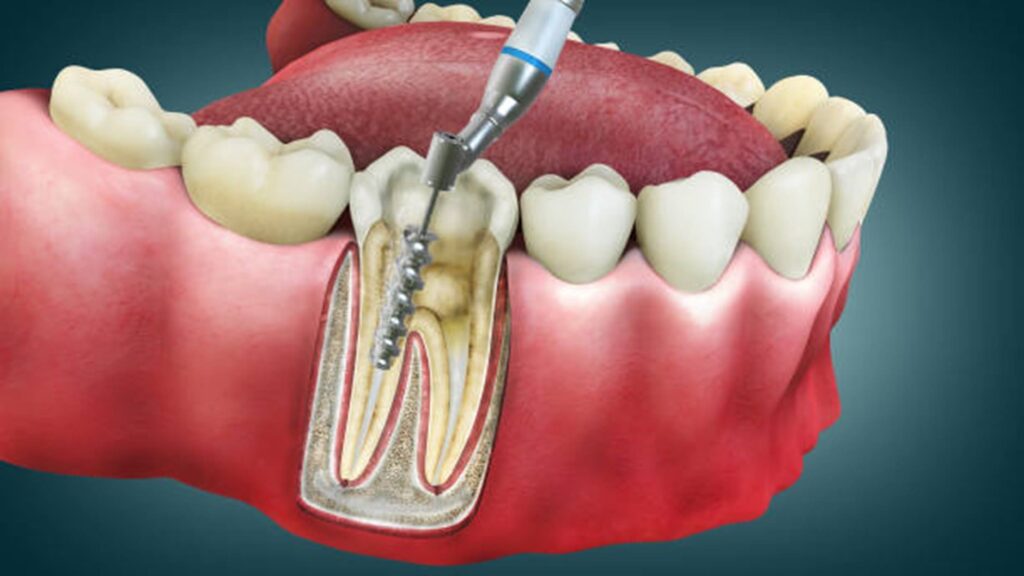When it comes to dental procedures, root canals often get an undeserved bad reputation. Many myths and misconceptions surround this common treatment, leaving patients wary and uninformed. If you’re considering a root canal or simply want to learn more, this article aims to clear up some of the most widespread myths. Let’s debunk these common misconceptions and get to the facts with a trusted 5th Avenue dentist.
Myth 1: Root Canals Are Painful
Truth: Root canals are less painful than getting a dental filling. Modern dentistry has significantly improved the process of root canals, making them virtually painless. Advanced aesthetics and techniques ensure that patients feel comfortable throughout the procedure. In fact, the pain associated with root canals is usually from the infected tooth, not the treatment itself. The procedure alleviates the pain by removing the source of the infection.
Myth 2: Root Canals Cause Illness
Truth: This myth stems from outdated research conducted in the early 20th century.
Some believe that root canals cause systemic illnesses because bacteria remain in the treated tooth. However, extensive modern studies have debunked this theory. A properly performed root canal removes infected tissue, cleans the tooth, and seals it to prevent further infection. With today’s advanced dental options such as Clear Aligners in Brookline, MA, patients can maintain both oral health and aesthetics without worrying about outdated myths.
Myth 3: It’s Better to Extract a Tooth Than Get a Root Canal
Truth: Saving your natural tooth is always the best option. A root canal preserves your natural tooth, which maintains your bite alignment and prevents other dental issues. Extracting a tooth can lead to complications such as bone loss, shifting teeth, and the need for costly replacements like implants or bridges. Root canals are a safe and effective way to restore your tooth’s health and function.

Myth 4: Root Canals Are Only Necessary for Severe Pain
Truth: Not all infected teeth cause noticeable pain. An infected tooth doesn’t always result in severe discomfort. Sometimes, subtle signs like sensitivity to hot or cold, swelling, or discoloration of the tooth indicate the need for a root canal. Regular dental checkups can catch these issues early, allowing for timely treatment. Ignoring these signs may worsen the infection, requiring more extensive procedures later.
Myth 5: Root Canals Take Too Long
Truth: Most root canal treatments are completed in one or two visits. Many people assume that root canals are lengthy, time-consuming procedures. However, advancements in dental technology have streamlined the process. Your dentist can usually complete a root canal in one appointment, with a follow-up for placing a crown if necessary.
Myth 6: Root Canal-Treated Teeth Don’t Last Long
Truth: With proper care, a root canal-treated tooth can last a lifetime. A tooth that undergoes a root canal is reinforced with a filling or crown, making it strong and durable. Maintaining good oral hygiene, regular dental visits, and a healthy diet ensures that your treated tooth stays functional for years to come.
Myth 7: Root Canals Are Expensive
Truth: Root canals are cost-effective compared to tooth extractions and replacements. While root canals may seem expensive upfront, they are often more affordable in the long run. Replacing an extracted tooth with an implant, bridge, or denture can cost significantly more. Preserving your natural tooth with a root canal is a worthwhile investment in your dental health.
Conclusion
Root canals are a safe and effective procedure that relieves pain and preserves your natural teeth. Understanding the truth behind these common myths can help you make informed decisions about your dental care. If you’re experiencing symptoms of tooth infection or are concerned about a root canal, don’t hesitate to consult your dentist. With advancements in modern dentistry, this treatment is nothing to fear—it’s a step toward restoring your smile and maintaining oral health.

